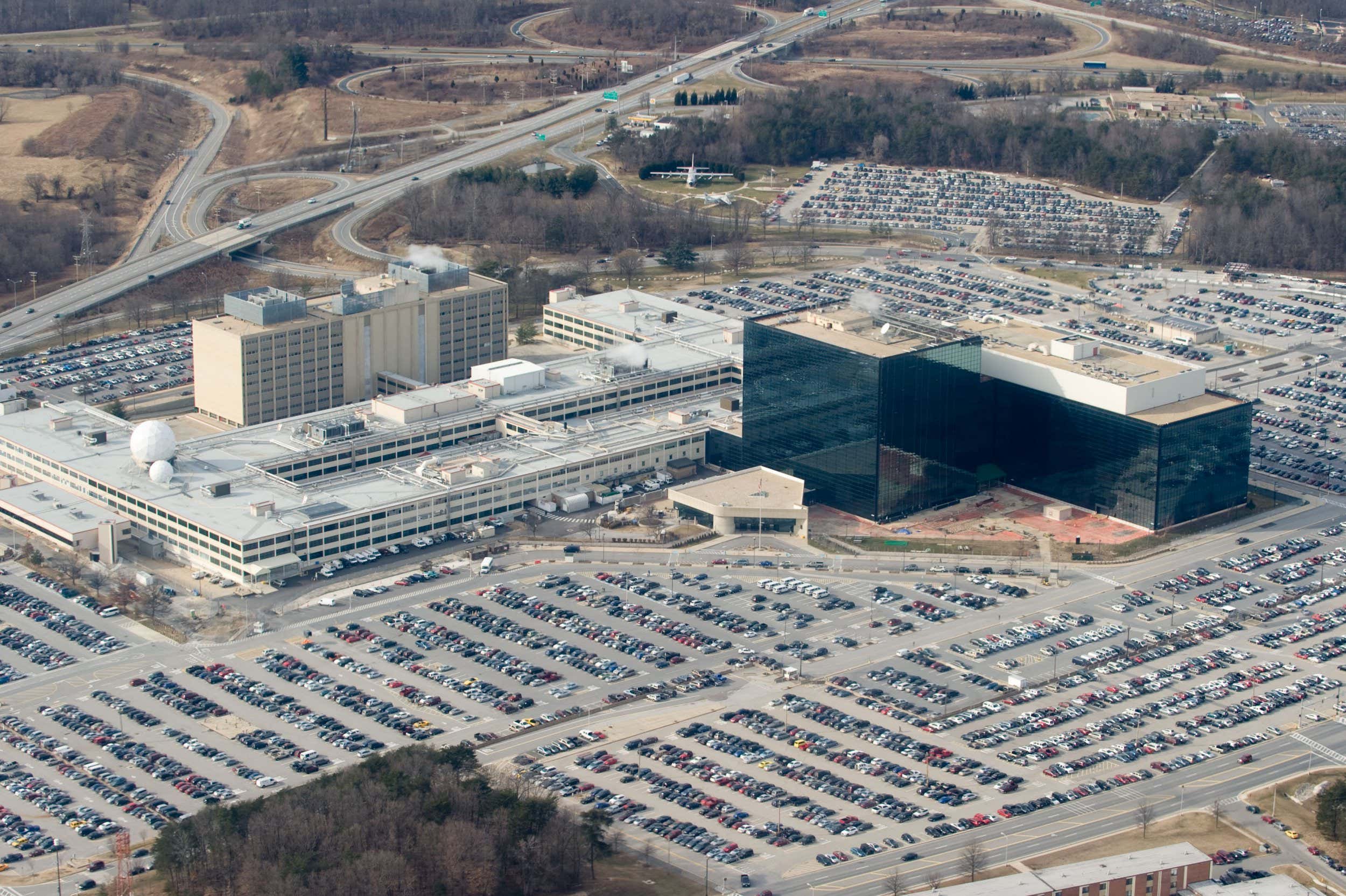Mathematician warns NSA may be weakening next-gen encryption::Quantum computers may soon be able to crack encryption methods in use today, so plans are already under way to replace them with new, secure algorithms. Now it seems the US National Security Agency may be undermining that process
Daniel Bernstein (djb) is a well known and respected cryptography researcher so his claim carries a lot of weight. It’s also worth noting that NIST didn’t invent these post quantum encryption algorithm. Instead, they run a competition and select a winner. Djb’s algorithm got a second place, so people were wondering if he’s just being salty about it, though if NIST were really compromised, it’s not hard to imagine they’ll select a weaker algorithm as the winner instead. NIST has posted a response which might be worth a read.
Edit: added links to djb’s original post
deleted by creator
They did it before and they’ll do it again.
I wish I could understand that math in that thread.
I have great respect for djb, but he was an ass here.
Thanks for that link - this whole story is massively overblown clickbait.
The second link has replies that even say the OPs link contains conspiracy theory. The discussion there is better than all else, IMO.
Note: not denying Dan’s claim as I’m not an expert here, just reiterating what I’m reading.
Yeah - at the very list it shows that this is more “reasonable people disagreeing about a detail” than it is “OMG THE NSA IS DESTROYING CRYPTO!”
If this is true, NSA might be shooting themselves in the foot when they inevitably have to deal with Russia and China.
Just a guess, but I think they’re less concerned about the giant country’s surveillance of us, and more concerned about not being able to surveil the little terrorist cells.
or you know conversations with your healthcare providers
or the company VPNs of other continents.
They probably consider that they overall lose more with strong cryptography, than the risk of other countries intercepting US communications. They must have other solutions in place to protect confident information. But they likely struggle with encryption being so widely used by anyone. Even granmas can now cover their communications without much effort
From what it sounds like, he’s not saying the algorithm is compromised itself, but rather that NIST is recommending a weaker version of it as sufficiently safe at (possibly) the request of the NSA. If that is the case we would know for sure pretty quickly once DISA updates their STIGs for internal use to include quantum resistant encryption. If the STIGs say to use a stronger version than NIST recommends then he was right.
And who is surprised by this? This is basically the NSA doing their job, nothing else.
We’re not surprised but we do need to mention this, discuss this, people need to be aware. You won’t see much of this in mainstream media except: “And here’s why the end of encryption might be a good thing…”.
Sort of. They’ve worked in mysterious ways over the years. They fucked with DES back in the day (specifically, the S-Boxes, which are big tables of data used during calculations), but evidence since then suggests that they actually improved it. However, they also seem to be responsible for keeping the key length short, which meant it was inevitable that computers would eventually be fast enough to break it (which it was by the mid to late 90s).
The NSA has a dual job. They want to break encryption, but they also need to protect US secrets. Since industrial espionage is a thing, that extends to protecting the secrets of private sector companies. So they sometimes want to improve encryption, and sometimes want to put in backdoors. If you call up someone in the NSA, there’s no guarantee the person your talking to will be on your side or not.
Fortunately, cryptography in the public space has advanced substantially since DES was invented.
They fucked with DES back in the day
Yep. I remember. IBM thought they had something new and BIG, and then came the NSA and just substituted some S-Boxes without comment. And boom, the key space got smaller.
The NSA has a dual job. They want to break encryption, but they also need to protect US secrets.
For them it is sufficient when they can happily read along.
Hopefully we work around this, encryption is more important now than ever.
Doesn’t the existence of key collision help? If you throw a quantum brute force algorithm at a ciphertext, wouldn’t you get a long list of keys, all of which authenticate and appear to work, but for all but one of those keys, what it decrypts to is garbage?
Authentication itself is fucked, but encryption is only heavily weakened rather than completely destroyed.
Removed by mod
what does this have to do with fascism? that word has lost all meaning
Goddamn fascists and their…
Shuffles deck of cards
…computers!
Because they’re doing it to spy on Americans.
#WordCrimes?
There is no such thing as unbreakable encryption. If you want to hide a message, hide it at the source with the way you phrase things. I still have to buy weed illegally, and I use Signal, but I don’t tell the person I buy it from, “hey, I want a half-ounce of weed and I’ll pick it up on Friday at 2 pm,” I say something like, “hey, are you free this weekend?” And then they’ll say something like, “yeah, do you want to get your usual thing?” and then we’ll arrange a time.
And yes, I see the irony about talking about buying weed illegally when someone could potentially find out who I am on Lemmy.
…there very much is practically unbreakable encryption. We use those every day (it’s part of the s in https).
And your example is just a very rudimentary form of encryption that is far far weaker than the typical encryption methods used on the internet today.









